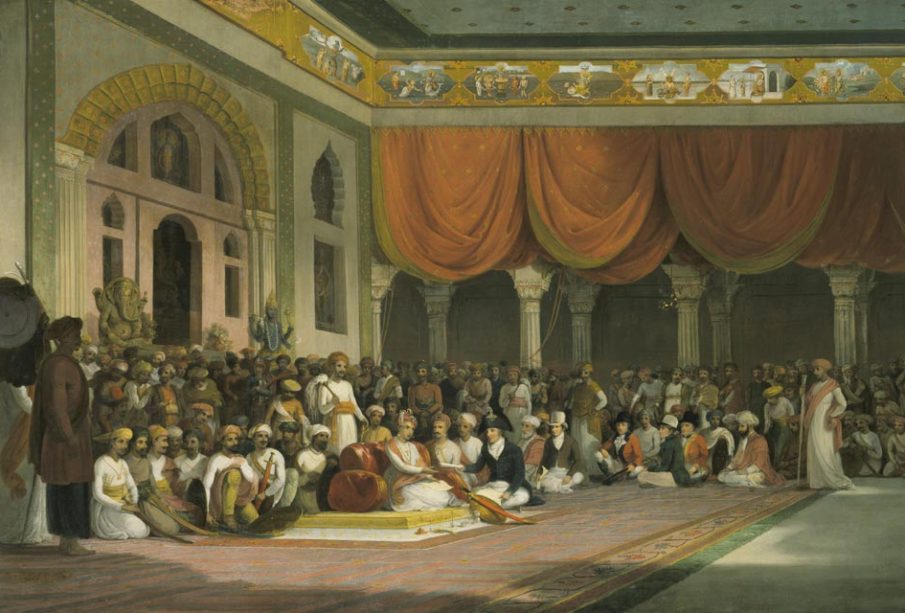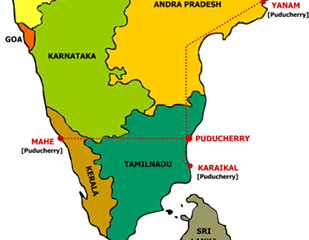Understanding the Maratha Empire: Its Rise and Legacy

Introduction
The Maratha Empire played a pivotal role in shaping the history of India in the 17th and 18th centuries. Known for its military prowess and administrative innovations, the Maratha confederacy emerged as a powerful force that challenged Mughal supremacy and left a lasting impact on the subcontinent. Understanding the Maratha Empire is essential for comprehending the political, cultural, and social dynamics of India during this period.
The Rise of the Maratha Empire
The formation of the Maratha Empire can be traced back to the late 16th century, particularly with the efforts of Chhatrapati Shivaji Maharaj. Born in 1630, Shivaji established a strong and efficient kingdom that strategically utilized guerrilla warfare to defeat larger Mughal forces. His coronation in 1674 marked the formal establishment of the Maratha Empire, which steadily expanded through military conquests and strategic alliances.
Following Shivaji’s death in 1680, the empire faced challenges but continued to grow under the leadership of his successors, particularly during the reign of Chhatrapati Shahu. The Marathas adopted a decentralized model of governance, allowing regional leaders (known as ‘Sardars’) to maintain control over their territories while paying tribute to the central authority.
The Maratha Empire’s Military and Economic Strategy
The Maratha military strategy was characterized by speed, mobility, and the ability to exploit weaknesses in enemy forces. Their tactics often included surprise attacks and rapid maneuvers, which proved effective against the Mughal army and other regional powers. Additionally, the Marathas established a complex revenue system, facilitating trade and agriculture, thus ensuring economic viability and sustainability for their territories.
Decline and Legacy
The decline of the Maratha Empire began in the late 18th century due to internal strife, overexpansion, and the emergence of the British East India Company as a dominant power in India. The pivotal defeat in the Third Anglo-Maratha War (1817-1818) severely weakened their influence and led to the eventual annexation of Maratha territories by the British.
Despite its decline, the Maratha Empire’s legacy is profound. It is credited with promoting regional autonomy and fostering a sense of identity among diverse communities. Many cultural and religious contributions from this period continue to influence modern Indian society. The empire’s history is remembered for inspiring future generations to strive for independence and self-governance.
Conclusion
The Maratha Empire remains a significant chapter in Indian history, revered for its valor, governance, and culture. As India continues to evolve, the lessons from the Maratha era serve as a reminder of the importance of unity, strength, and the enduring fight for justice. Understanding their historical journey can provide insight into the complexities of contemporary India and its socio-political landscape.









